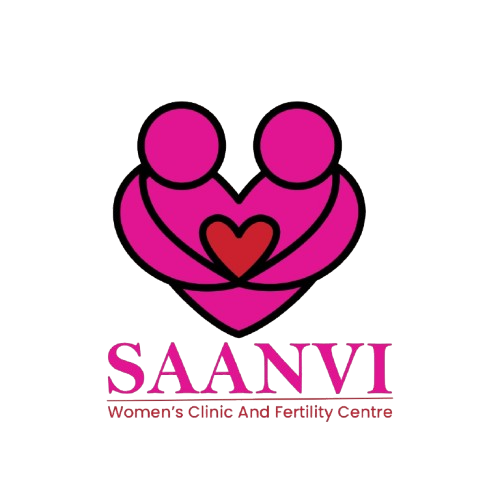In-Vitro Fertilization (IVF) is a widely used assisted reproductive technique that helps individuals and couples conceive when natural conception is not possible. One of the most crucial steps in this process is the Embryo Transfer, where a healthy embryo is placed into the uterus to initiate pregnancy.
Together, IVF and embryo transfer offer hope to couples facing various fertility challenges — from blocked fallopian tubes to unexplained infertility.
What Does IVF & Embryo Transfer Involve?
The IVF process includes several stages:
- Ovarian Stimulation: Fertility medications are used to stimulate the ovaries to produce multiple mature eggs.
- Egg Retrieval: Eggs are collected from the ovaries using a minor surgical procedure.
- Fertilization: Eggs are fertilized with sperm in a lab, either through conventional IVF or ICSI.
- Embryo Culture: Fertilized eggs (embryos) are monitored for 3–5 days for quality and growth.
- Embryo Transfer: A healthy embryo is selected and transferred into the uterus using a soft catheter.
Precision Fertilization
We combine advanced lab technology with strict quality control to maximize embryo quality.
Careful Embryo Selection
We assess each embryo’s development and, if needed, perform preimplantation genetic testing (PGT) for better outcomes.
Gentle Embryo Transfer
Our specialists ensure minimal trauma and optimal placement during transfer to increase implantation success.
When is IVF & Embryo Transfer Recommended?
- Blocked or damaged fallopian tubes
- Male infertility (low sperm count or motility)
- Endometriosis
- Polycystic Ovarian Syndrome (PCOS)
- Advanced maternal age
- Unexplained infertility
- Multiple failed IUI cycles
- Recurrent miscarriage with known embryo issues
Frequently Asked Questions (FAQs) about IVF & Embryo Transfer
No. It is usually painless and performed without anesthesia. You may feel mild pressure like a Pap smear.
Usually one or two high-quality embryos are transferred to reduce the risk of multiple pregnancies. The number depends on your age, embryo quality, and medical history.
Healthy unused embryos can be frozen for future use. This allows for additional pregnancy attempts without repeating the entire IVF cycle.
Complete bed rest is not required. Light activity is fine. Avoid heavy exercise and stress. Your doctor may advise 1–2 days of relaxed routine.

